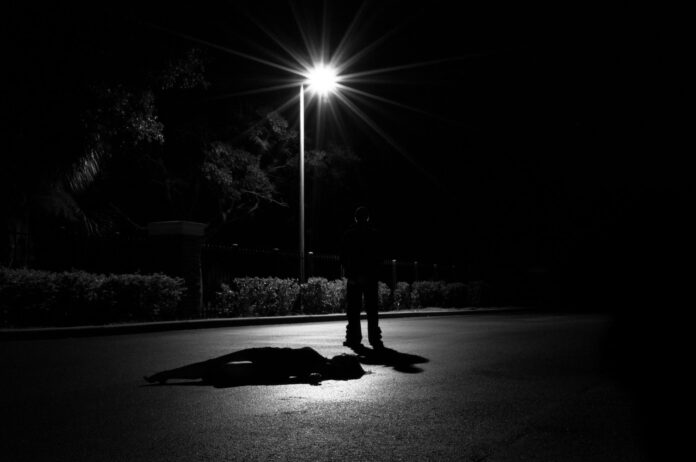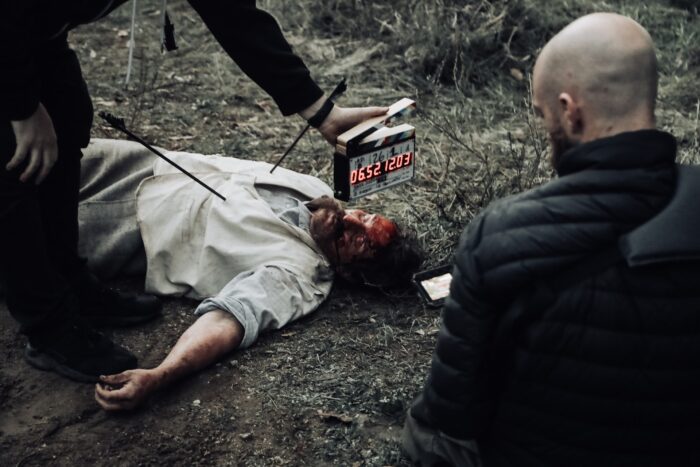
Most people have heard the term “manslaughter” before, but not everyone understands what it means. You also might not know what can happen to you if you face a manslaughter charge.
In this article, we’ll talk about manslaughter a bit, as well as what you can expect if the law tries to go after you for this particular offense.
There’s a Difference Between Murder and Manslaughter
Every state has slightly different penalties concerning manslaughter. What all of them agree on, though, is that there are differences between murder and manslaughter. With manslaughter:
- You might recklessly cause someone’s death
- You may knowingly or intentionally kill a person if they quarrel with you
The law might also call it manslaughter if you help another person commit suicide. As the Cantor Law Firm notes, “manslaughter is a class 2 felony” in Arizona, and other states view it that way too.
Intent or lack thereof is the central murder and manslaughter difference. If you plan to kill someone and you do so, that’s murder. It could be first or second-degree murder, depending on the details.
If you don’t intend to kill someone, but you do so anyway in the ways we already described, the legal system is likely to go after you for manslaughter. Whether they can convict you of it will depend on many factors, but the prosecution will undoubtedly pursue a conviction if they feel like there’s sufficient evidence.
States Consider Manslaughter to be a “Dangerous” Felony

Using Arizona as an example again, if you look at the legal statutes, you’ll see manslaughter listed as a “dangerous” felony. In this context, “dangerous” is a legal term. It generally means:
- An egregious felony
- A violent or reckless felony
The reason the “dangerous” application matters is that it affects how much time you can serve if the court convicts you. If this is your first offense, a conviction will get you seven years, minimum, but you could get as many as 21. If this is your second dangerous felony conviction, that’s 14 years minimum and as much as 28 maximum.
If this is your third dangerous felony conviction, you’re getting even more time. Now you’re looking at 21 years minimum, 35 maximum.
Many Prosecutors Accept Manslaughter Plea Deals

The prosecution’s side of the legal system often views manslaughter as a useful plea bargain chip. Odd as it may sound, prosecutors don’t usually like going to trial if they can avoid it. That’s because trials cost time and money.
If a defendant elects to go to trial, the prosecution has to convene a jury, monopolize a judge’s time for days, weeks, or months, and have a courtroom ready for the purpose.
Maybe an assistant district attorney or whoever else represents the people will want to go to trial if this is a high-profile case and they feel like a conviction will lead to a promotion. They might hope for a trial if they have political ambitions as well.
However, generally speaking, a prosecutor might dangle a manslaughter charge if the defendant is willing to take it, because by doing so, they take first and second-degree murder off the table. If a prosecutor doesn’t feel like they can prove intent, they might hope the defendant will cop to manslaughter because that looks good on the prosecutor’s record.
They get a conviction this way, and they didn’t even need to spend any taxpayer money.
There Are Many Ways to Fight a Manslaughter Charge

A manslaughter charge against you might come about in many ways. It could be that someone in a bar was taunting you, and they goaded you into a parking lot confrontation. You struck them, and they fell, hitting their head, and they subsequently died.
Many road rage incidents turn into manslaughter charges. You might not have intended to hop out of your car and intentionally end someone’s life, but you might grab a brick and strike them with it, killing them.
However, in these situations, you might pursue a self-defense argument. You might try to say that if you hadn’t acted as you did, the person you killed may have injured or killed you instead.
You also might try to establish that your direct actions did not kill the deceased individual. Maybe you hurt them, but it was hospital staff negligence that killed them.
If you plan of fighting a manslaughter charge, you’ll need to get together with your lawyer to work out your strategy.
You Might Also Utilize Material Evidence to Fight the Charges

You can also fight manslaughter charges with a wide evidence range. You might be able to use DNA evidence, gunshot residue tests, forensic reports, video evidence from smartphones, security cameras, or traffic cameras, etc.
Just because the prosecution says things happened a certain way, that doesn’t mean it’s necessarily so. Remember that the prosecution wants to convict you, so they are not above misrepresenting facts if they think they can use them to put you away.
They might go after you on the stand to try to trick you into making a misleading statement. They’d like nothing better than for you to contradict something you said earlier so they can convince a jury you’re dishonest.
The prosecution’s tactics might infuriate you, but you have to keep your cool on the witness stand. You need to repeat the incident exactly as it occurred, and then your lawyer can use all the evidence at your disposal to back up what you say.
Manslaughter charges are not as serious as first or second-degree murder charges, but if you’re convicted, you’re likely going to prison for quite a while. As we mentioned earlier, if this is not your first offense, you’re going in for even longer.
This sort of charge can wreck your life. Hindsight is definitely twenty-twenty, as the saying goes, but if you’re ever in a confrontation and you feel your anger rising, try to control it. If you don’t, you might quickly find yourself behind bars.








